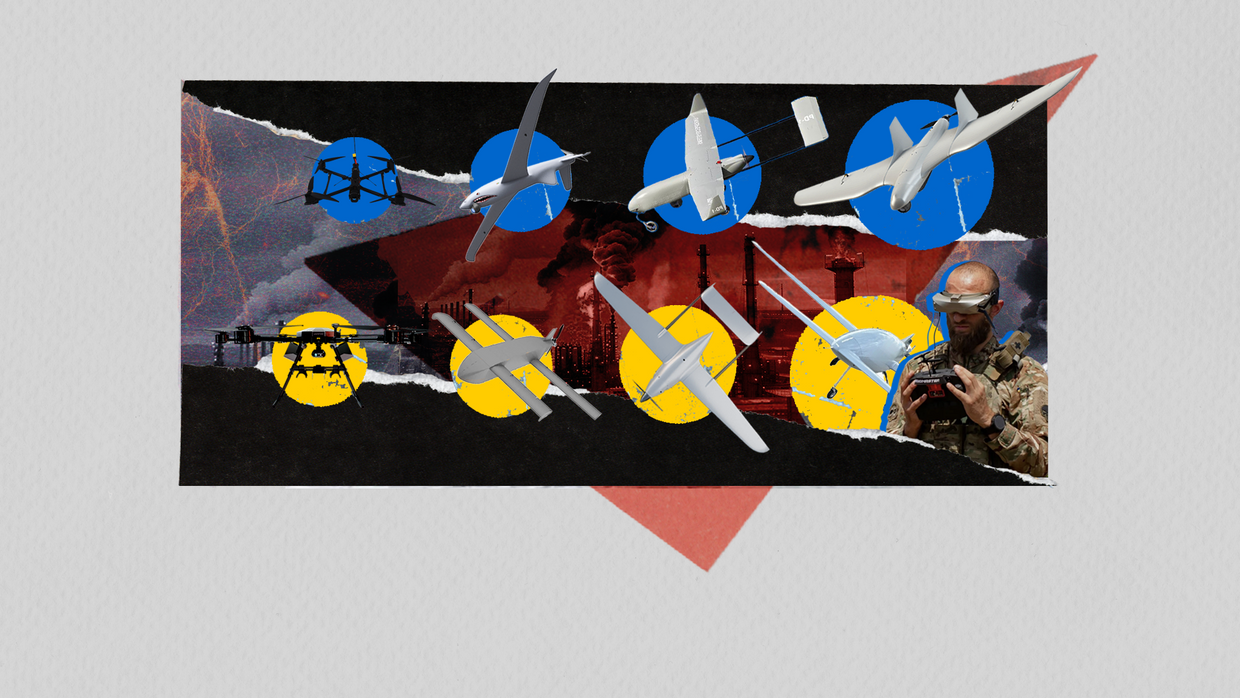FRANKFURT, Germany (AP) — Germany hasn't seen significant economic growth in five years. It's a stunning turnaround for Europe's biggest economy, which for much of this century had expanded exports and dominated world trade in engineered products like industrial machinery and luxury cars.
So what happened?
Here are five reasons for Germany's ongoing economic slump:
Energy shock from Russia
Moscow's decision to cut off natural gas supplies to Germany in the wake of Russia's invasion of Ukraine dealt a severe blow. For years, Germany’s business model was based on cheap energy fueling production of industrial goods for export.
In 2011, then-Chancellor Angela Merkel decided to hasten the end of nuclear power use in Germany while relying on gas from Russia to bridge the gap as the country moved away from coal generation and toward renewable energy. Russia was then considered to be a reliable energy partner; warnings to the contrary from Poland and the United States were dismissed.
When Russia discontinued the flow, prices in Germany skyrocketed for gas and for electricity generated from gas, both key costs for energy-intensive industries such as steel, fertilizer, chemicals and glass. Germany had to turn to liquefied natural gas, or LNG, super-cooled and imported by ship from Qatar and the U.S. LNG costs more than pipeline gas.
Electricity now costs industrial users in Germany an average of 20.3 euro cents per kilowatt hour, according to a study the research firm Prognos AG prepared for the Bavarian Industry Association. In the U.S. and China, where many competitors of German companies are located, the cost is the equivalent of 8.4 euro cents.
Renewable sources of energy haven't scaled up fast enough to fill the gap. Homeowner and regional resistance to turbines slowed wind energy growth. Infrastructure to transport hydrogen as a replacement fuel for steel furnaces remains mostly on the drawing board.
China: From customer to competitor
For years, Germany benefited from China's entry into the global economy - even as other developed countries lost jobs to China. German companies found a massive new market for industrial machinery, chemicals and vehicles. Through the early and mid 2010s, Mercedes-Benz, Volkswagen and BMW reaped fat profits selling into what became the world's largest car market.
At the time, Chinese companies produced items like furniture and consumer electronics that didn't compete with Germany's core strengths. Then, manufacturers in China started making the same things that Germans did.
.png)
 German (DE)
German (DE)  English (US)
English (US)  Spanish (ES)
Spanish (ES)  French (FR)
French (FR)  Hindi (IN)
Hindi (IN)  Italian (IT)
Italian (IT)  Russian (RU)
Russian (RU) 








Comments